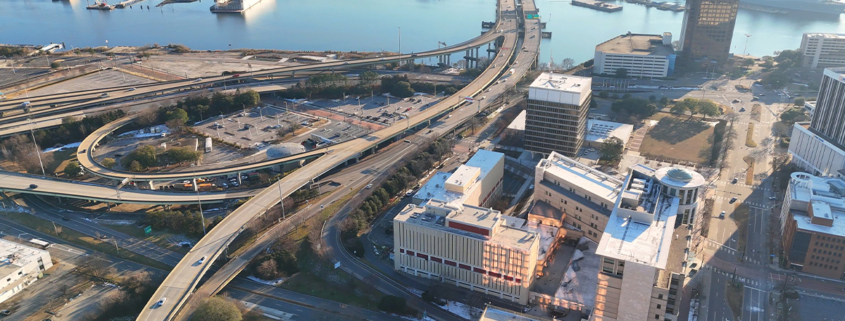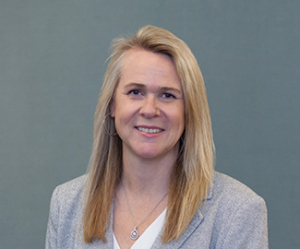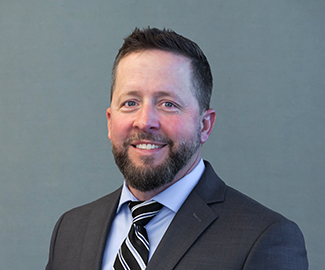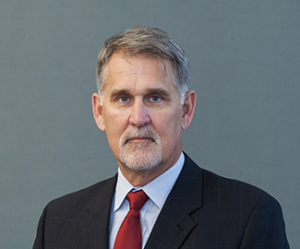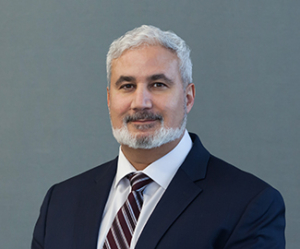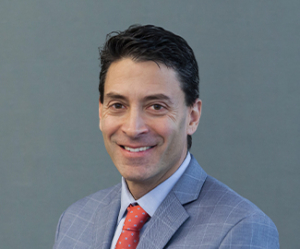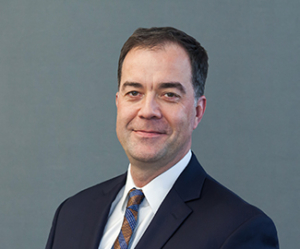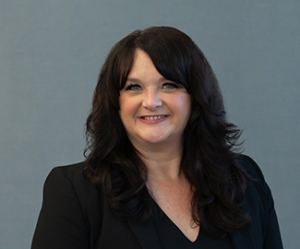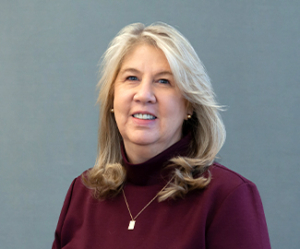Partnering for Project Success in Hampton Roads with Jessica Blackburn
Summary
From cost escalation to contractor coordination, Jessica Blackburn, PE, provides CEI leadership in Hampton Roads to help municipal clients manage complexity and deliver infrastructure with confidence.
Jessica Blackburn, PE, director of construction services at ATCS, has more than 20 years of transportation engineering and construction management experience. Based in the firm’s newly opened Virginia Beach office, Jessica provides CEI leadership to local governments in Hampton Roads, helping them navigate the daily challenges of infrastructure delivery—from construction oversight, inspection, and documentation to contractor coordination and funding compliance.
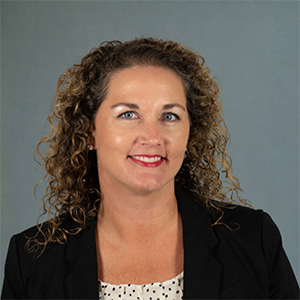
Jessica Blackburn, PE
We sat down with Jessica to explore current issues facing project owners, how her background shapes her approach, and what ATCS’ growing presence means for supporting municipal clients across the Hampton Roads region.
What challenges are you helping project owners navigate in Hampton Roads right now?
I help municipal clients stay in compliance with state and federal regulations tied to project reimbursement. As a consultant providing construction inspection services, I ensure that localities maintain proper documentation and follow VDOT and FHWA standards, which are essential for securing and retaining funding.
With rising construction costs, I also monitor budgets during construction, flag potential overruns early, and recommend practical field solutions. I support contractor negotiations and act as a liaison to resolve issues, maintain quality, and keep projects on track.
You managed Virginia’s first hybrid intersection. What lessons from that first-of-its-kind project help you guide clients today?
I served as project manager for the City of Virginia Beach on the state’s first hybrid intersection at Indian River and Kempsville Roads, a federally funded project that combined two innovative design elements. One key lesson was the power of proactive communication.
That project required close coordination with city leadership and regular management updates to stay aligned on goals, budget, and messaging. These lessons, particularly around open communication, transparency, and managing uncertainty, continue to apply when guiding clients through complex infrastructure efforts. Whether it’s a unique design or a funding-driven timeline, setting expectations, building trust, and staying ahead of questions are essential to successful project delivery.
How does your public and private sector experience help you anticipate issues for clients?
I understand how agencies work, including the funding requirements, procurement processes, and stakeholder dynamics they deal with daily. I also know what documentation is required and how to stay audit-ready. That knowledge helps clients avoid missteps and remain in compliance.
From the private sector, I bring an understanding of how to manage resources efficiently and deliver on deadlines. This dual perspective allows me to anticipate where challenges may arise and bridge gaps between project teams, contractors, and agency expectations.
What trends are shaping infrastructure development in your area?
Construction costs continue to climb, driven by material pricing, labor shortages, and supply chain disruptions. Owners should anticipate higher bids and build budget flexibility. Limited staffing capacity is also a concern, which makes consultant support for inspection, project management, and compliance even more critical.
Increased scrutiny around federal reimbursement means compliance must start on day one. Success requires a proactive approach, strong communication with all partners, and a clear understanding of both regulatory and construction market dynamics.
What’s most rewarding about representing the owner’s interests in construction projects?
It’s rewarding to help deliver high-quality projects that serve the public, stay on budget, and reflect responsible use of funding. I advocate for the owner on-site, troubleshoot issues in real time, and keep projects moving forward. At the end of the day, it’s about creating infrastructure that communities can be proud of.
To be more accessible to the agencies and projects we support across this part of the region was a key reason ATCS opened our Virginia Beach office. Having a dedicated presence here strengthens our ability to respond quickly, build relationships, and stay engaged throughout the project lifecycle.

